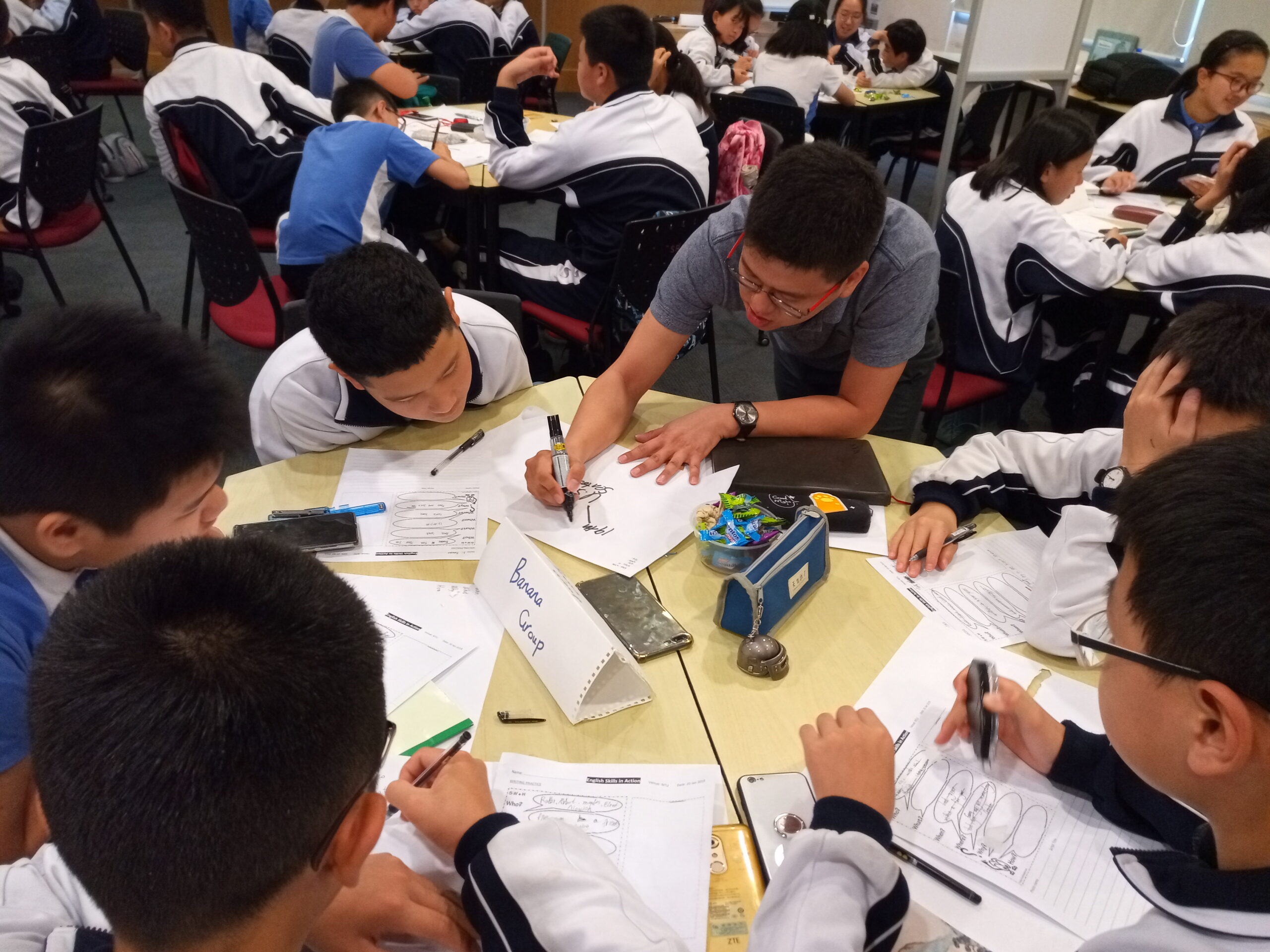Benefits of Volunteering
When we help others we also help ourselves! Volunteering gives us the opportunity to make a difference in other people’s lives, including our own. Through the ESS, volunteering brings the community together to help improve education for everyone in Singapore and those partnering us in other countries.

General Benefits
- Through the process of volunteering, one gets to meet people with similar interests, as well as from all walks of life.
- Volunteering gives us an opportunity to contribute and make a difference in the lives of others and the society.
- Volunteering provides us with the experience to learn and appreciate people’s differences, and in the process, enhance social awareness.
- Volunteering helps to develop the confidence we need when faced with new situations. Through volunteering, we may discover strengths and talents that we were not aware of previously.
-
Volunteering can reap countless gains and benefits. There will always be new skills, new experiences and new challenges. Volunteering is often hard work but it is hardly ever dull.
-
Volunteering enriches life. It will develop us as a person. Through the process, us will make friends, try new experiences, learn more about ourselves, as well as experience the satisfaction of helping others and being a part of a community.
-
Volunteering can help us gain confidence by giving us the chance to try something new and build a real sense of achievement.
-
Most importantly, there is also the FUN that comes with volunteering!
Health Benefits
- Medical health experts have also discovered that volunteering imparts many health benefits on us.
- Volunteering is a good way to manage stress. With increased social interaction, meaningful work, and a little exercise, your stress levels are sure to decrease.
- Volunteers have reported better health and immunity by engaging in voluntary work.
- Volunteering encourages us to get outside of our comfort zone. Whether it is meeting and working with new people or mastering a new skill, volunteering helps us to grow as a person, to have higher self-esteem, psychological well-being, and happiness.
- Many people struggle to define what their life is all about. Volunteering gives us the opportunity to find a cause we identify with and believe in and helps us find the motivation to accomplish it.
- A Carnegie Melon study published by the American Psychological Association found that older adults who had volunteered at least 200 hours over the course of a year were less likely to develop hypertension than people who didn’t volunteer.
- A 2012 study in the journal Health Psychology found that participants who volunteered with some regularity lived longer!
Career Benefits
- If there’s one point that you can’t refute, it’s that volunteer work looks great on your resume. After all, when’s the last time you heard someone complain about a person being too helpful and community-minded? Probably never.
- Volunteering can widen our social and business circle. Networking doesn’t just need to be done on LinkedIn or at a formal networking event. Volunteering is an easy and completely natural way to meet some new connections who share the passion for education.
- Volunteering enables us to develop skills and knowledge that may be useful in the workplace. When we volunteer, we can try your hand at tons of different skills and challenges, without any threat to our reputation or current job standing. Whether we’ve always wanted to dip our toes into the world of coding or we’ve been meaning to learn a little bit more about marketing, we have that opportunity with the ESS.
- One person can make a difference and a whole community can change the world. The ESS muster the collective effort of a whole team, fostering close connections and creating tight bonds between volunteers. The social connection that binds us allows the sharing of work and life experiences crucial to young undergrads.
- Volunteering is also particularly beneficial to help older people and retirees maintain a social network later in life.
